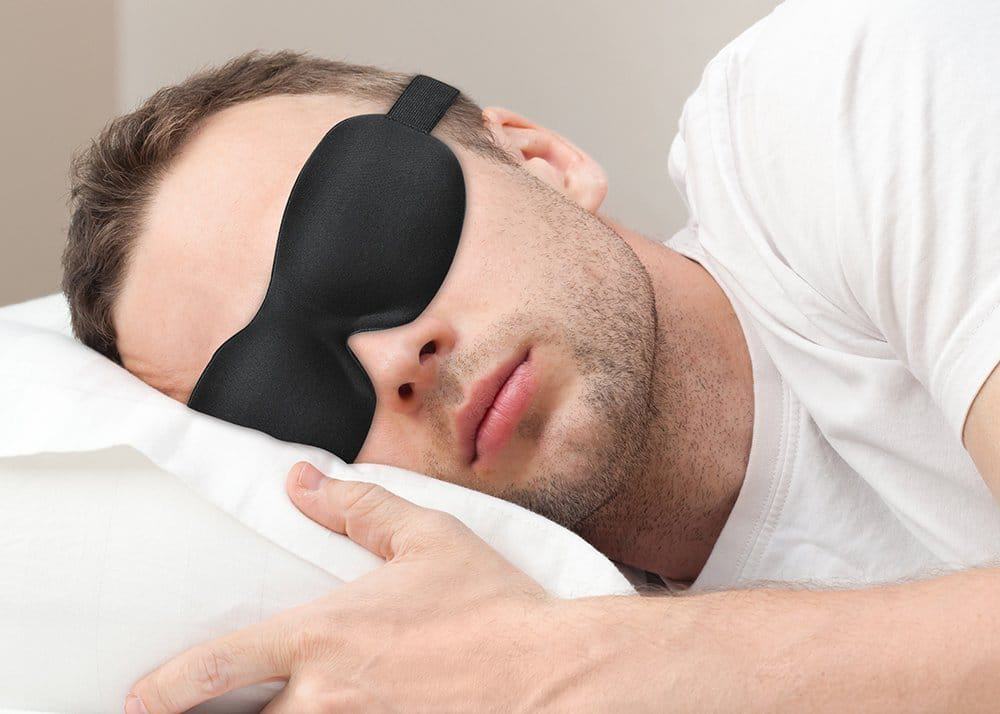
People should be getting two and a half hours sleep a night more than the current recommendation, if our chimp and baboon cousins are anything to go by.
Scientists writing in the American Journal of Physical Anthropology analysed lifestyle and biological factors in humans and 30 ape species.
Comparing body mass, brain size, diet and sexual preferences, they concluded humans should be sleeping for 9.55 hours a night
Chimpanzees clocked in just shy of ten hours rest a day, with stump-tailed macaque’s right behind us with nine hours.
Maryanne Taylor, a consultant at The Sleep Works, told Yahoo News UK that we may not be as malnourished in the bed department as the primate comparison suggests.
“As we have developed from sleeping in varying durations throughout the day, in order to guard against predator attacks, our sleep has merged into one single stretch in a day, which has reduced the amount of time we sleep.
“The theory goes that although we sleep for fewer hours than other primates, our sleep quality is higher, therefore we do not require as many hours.
“We have evolved to sleep less number of hours, but now, more hours are spent in REM sleep, which is when we dream and our brain consolidates our memories into long-term storage.
“It is this that counter-balances the need for the extra hours of sleep.”